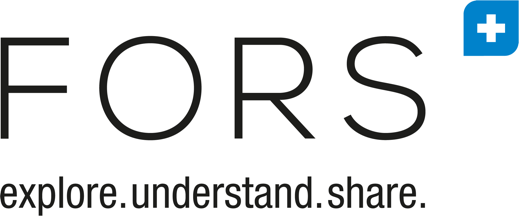Who are my people? Strengths and limitations of ego-centered network analysis: A case illustration from the Family tiMes survey
Who are my people? Strengths and limitations of ego-centered network analysis: A case illustration from the Family tiMes survey
2016-02
Aeby, G. (2016). Who are my people? Strengths and limitations of ego-centered network analysis: A case illustration from the Family tiMes survey. FORS Working Paper Series, paper 2016-2. Lausanne: FORS.
network analysis, ego-centered networks, name generator, Switzerland
This article examines the potential of using ego-centered networks with a case illustration drawn from the Swiss survey Family Trajectories and Social Networks: A Configurational Perspective of the Life Course (Family tiMes). It addresses the strengths and limitations of ego-centered network analysis based on name generators by using personal networks of individuals living in Switzerland composed of alters perceived as “very important.” In the first section, we put ego-centered networks into perspective with regard to other types of networks, different generators to collect them, frequent biases associated to them and their utilization in Swiss studies. In the second section, three issues are briefly explored: the composition of personal networks to assess what types of ties are especially important for individuals, the tendency toward educational homophily, and the exchanges of emotional support occurring among network members. We show how to create a typology of personal networks, measure educational homophily, compute network structure indicators, and integrate them into regressions.
© the authors 2018. This work is licensed under a Creative Commons Attribution 4.0 International License (CC BY 4.0)

 Bâtiment Géopolis,
Bâtiment Géopolis, +41 (0)21 692 37 30
+41 (0)21 692 37 30

